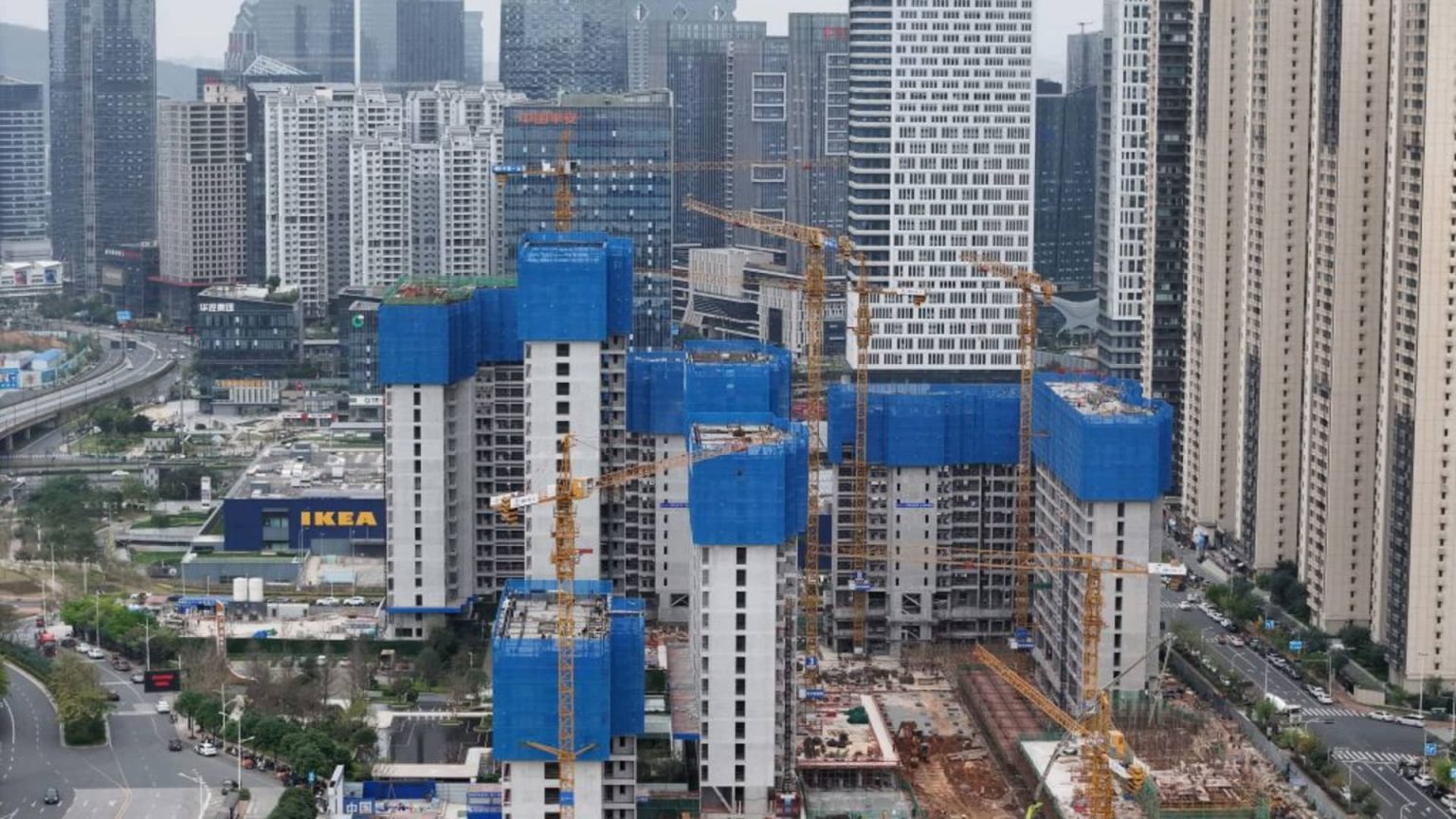China’s fiscal stimulus strategy is losing its effectiveness according to a report by S&P Global Ratings senior analyst Yunbang Xu. The analysis used growth in government spending to measure fiscal stimulus and found that it is more of a buy-time strategy for industrial and consumption policies. Despite setting a target of around 5% GDP growth this year, China’s heavy debt levels limit the amount of fiscal stimulus that local governments can undertake. This is reflected in the varying levels of public debt as a share of GDP in different regions, ranging from 20% to 140%.
With the diminishing effectiveness of fiscal stimulus, S&P expects local governments to focus on reducing red tape and improving business environments to support long-term growth and living standards. The report also highlights the challenges faced by local governments in the wake of a drastic slowdown in the property sector. While fixed asset investment picked up in March, investment in infrastructure slowed and real estate investment dropped further. This has prompted the Chinese government to announce plans to bolster domestic demand through subsidies and incentives for equipment upgrades and consumer product trade-ins.
S&P’s analysis reveals that local governments’ fiscal stimulus has been more effective in richer cities compared to lower-income regions. Higher-income cities are less vulnerable to property market declines, have stronger industrial bases, and more resilient consumption patterns. Xu predicts that industry, consumption, and investment will continue to drive growth in China, with higher-tech sectors leading the industrial upgrade and supporting long-term economic growth. However, there are concerns about overcapacity in some sectors and the potential for price pain in the near term.
The Chinese government has emphasized the importance of strengthening macroeconomic policies and increasing coordination among fiscal, monetary, employment, industrial, and regional policies. This includes providing strong support for equipment upgrades and consumer product trade-ins to stimulate domestic demand. Despite the challenges and limitations of fiscal stimulus, Xu believes that focusing on projects that revive consumption or promote industrial upgrades can have longer-term benefits for the economy. Overall, the shift towards improving business environments and supporting long-term growth signals a more sustainable approach to economic development in China.













